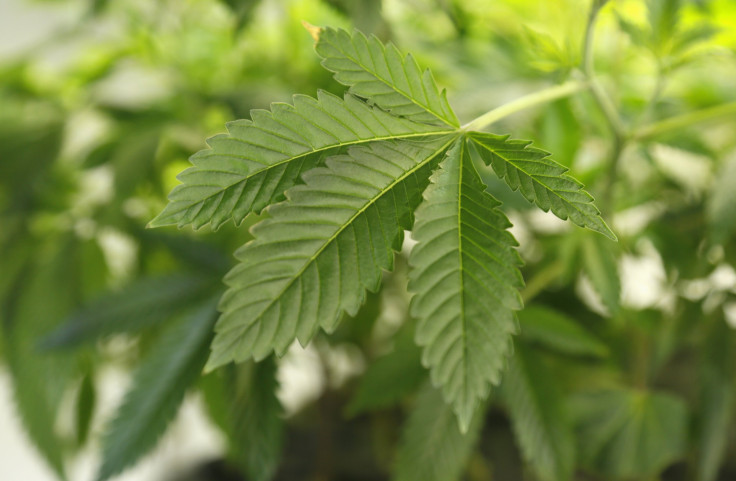Synthetic Weed Approved By FDA, But Is It Any Good?

The U.S. Food and Drug Administration (FDA) has given its stamp of approval on synthetic weed for the first time. Earlier this month, the FDA approved the liquid formulation of dronabinol — a synthetic form of the psychoactive compound in cannabis: tetrahydrocannabinol (THC).
Popular Science reports that the synthetic liquid formulation will be sold under the name of Syndros. Dronabinol has been available since the mid-1980s in a pill form (sold commonly under the brand Marinol) and has been prescribed to treat nausea and vomiting caused by chemotherapy and other cancer medications. What separates Syndros from Marinol is the formula and being a liquid means Syndros might be easier for patients to absorb.
“It is a liquid that is easy-to-swallow and allows for the dosage to be titrated to clinical effect,” says Insys Therapeutics, the parent company manufacturing both Marinol and Syndros, in a press release.
Syndros has not yet been classified but the pill version, Marinol, is categorized as a Schedule III substance under the Controlled Substances Act. Falling under Schedule III means the liquid formula of dronabinol is for medical use, with low chances of abuse and addiction. In comparison, natural cannabis is classified as Schedule I, which makes it federally illegal and a substance considered to have a high potential for abuse.
Marinol and Syndros are approved for treating chemotherapy induced nausea and weight loss related to AIDS. But there are some experts who are wary of synthetic cannabis, as it may have limitations. Dr. Perry Solomon, a medical marijuana physician and chief medical officer of HelloMD, told Motherboard that synthetic marijuana does not have the “entourage effect” where all the chemicals in the plant react with each other.
"I think it is really important to understand the difference between a preparation that has gone through clinical development and one that hasn't,” told Catherine Jacobson, director of clinical research at Canadian medical cannabis company Tilray, to Motherboard. “We would like to do research on whole plant extracts. One of the holdups is the lack of safe, reliable, consistent products that are not pharmaceutical products."
Correction: An earlier version of this article stated Syndros was classified as schedule III. The story has been updated to convey that the new liquid form is not classified yet.
© Copyright IBTimes 2024. All rights reserved.






















